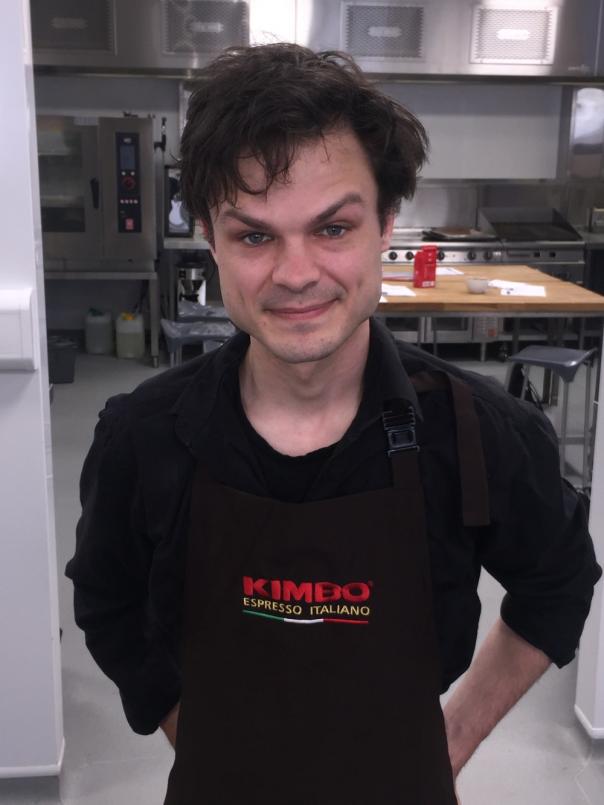
The course teaches pupils from S3 to S6 about the origins of coffee and how it’s grown as well as the ethics of the coffee trade, including where coffee importers source their beans and how sustainable growers in less developed countries can work with companies to ensure they’re paid a fair price for their harvest.
Every facet of coffee making is covered from roasting to serving before students are taught how to make everything from a cappuccino to a latte or a macchiato.
The latter part of the course includes a work placement where pupils are given on-the-job experience and tutored on punctuality, independent travel and dealing with members of the public.
Greenhouse Community provides catering facilities for local authorities, public bodies and private employers, offering training and employment opportunities for staff with learning difficulties and mental health issues.
As well as providing a foothold in the jobs market for challenged and hard to reach groups, it also works with schools to offer training in catering skills for senior pupils.
Dr Ciaran McMorran, the company’s training manager who designed the course, said: “Commercial coffee chains have their own, in-house training schemes but nobody has done barista training in schools until now and so most people who apply for jobs in cafes have no knowledge or experience of the industry.
“The course is by no means a soft option and trainees face many difficult challenges. It’s one thing being able to know how to make a coffee but working in a high-pressure environment is not for everybody.
“We’ve had trainees who really enjoyed making coffee but realised after their placement that working in the hospitality industry is not for them. The most difficult skill is being able to work under pressure.”
He added: “There has been a huge demand for places and we’re confident that it will be taken up by thousands of pupils in schools across the country.”
At the end of the course, pupils are also taught ‘soft skills’ such as how to prepare a CV, apply for a job and behave in an interview situation.
McMorran added: “The objective is to get them to a stage where they’re prepared for the challenges of working in a customer-facing environment and confident enough to go out and start applying for jobs.
“From the trainee’s point of view, the rewards are obvious. From the school’s perspective, they have a ready-to-provide vocational course at their disposal, along with some of the best facilities. Teachers also like the fact that they have professional baristas in their schools, and we get a lot of them popping in break time and asking for a coffee.”